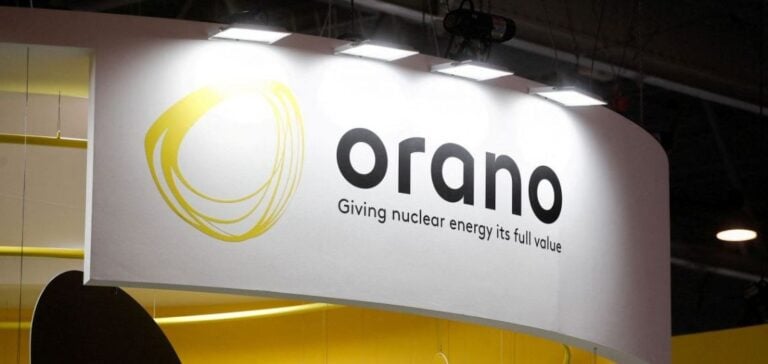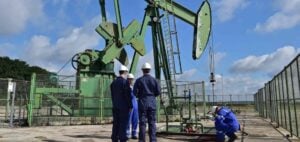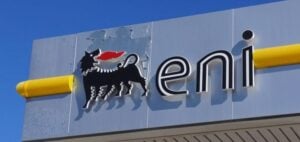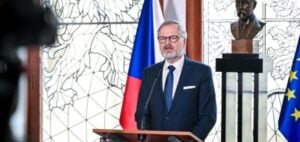Orano, a major player in the nuclear sector, is bearing the full brunt of an unstable political environment in Niger.
Since a military regime came to power a year ago, mining conditions have deteriorated significantly.
The Group is facing considerable logistical and operational challenges, particularly at its Somaïr mine in the Arlit region.
This situation has led to an inability to export the uranium concentrate produced there, directly affecting the company’s financial performance.
Financial impact
Orano’s results for the first half of 2024 show a net loss of 133 million euros, in sharp contrast to a net profit of 117 million euros recorded for the same period in 2023.
This loss is mainly attributable to asset impairments and provisions, totaling 197 million euros.
Of these write-downs, 69 million euros related to the withdrawal of the operating permit for the Imouraren deposit by the Nigerian authorities, and 105 million euros concerned the assets of the Somaïr subsidiary.
Resilience strategies
Despite these difficulties, Orano is striving to maintain its customers’ security of supply.
The Group is focusing on diversifying its uranium sources, in particular by exploiting deposits in Canada and Kazakhstan.
This strategy is designed to compensate for the losses incurred in Niger and ensure continuity in the supply of nuclear fuel.
Reactions and outlook
The situation in Niger represents a major challenge for Orano.
The military regime in Niamey has repeatedly expressed its intention to review the conditions under which foreign companies can exploit natural resources.
This desire for national sovereignty complicates the operations of companies like Orano, which have to navigate an uncertain regulatory and political environment.
Implications for Industry
Orano’s example illustrates the risks inherent in mining in politically unstable contexts.
Companies in this sector must not only assess economic opportunities, but also anticipate geopolitical risks and diversify their sources to mitigate negative impacts.
This situation highlights the need for players in the energy sector to develop robust risk management strategies.
Orano, despite significant losses, continues to demonstrate its resilience through proactive supply management and strategic adaptation to a challenging environment.
Geographical diversification and the ability to navigate complex political contexts remain key elements in ensuring the stability and growth of companies in the nuclear sector.





















